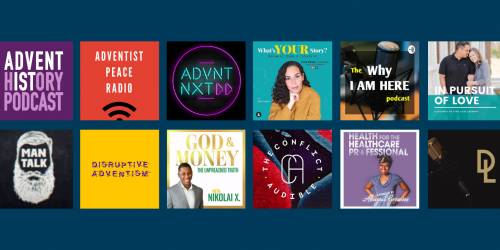
This gospel of the kingdom shall be preached in the whole world as a testimony to all the nations, and then the end will come (Matt. 24:14 NASB).
Today, there are Adventist organizations and individuals continuing to push the audio frontiers. One of those ways is through podcasts, a platform not unlike radio which has the power to influence and mobilize large segments of the population. Whether or not you’re actively listening to any podcasts, you have likely heard of them. Although the format dates to the early 2000s (it’s named after the iPod), podcasting has had an expansive growth spurt over the last few years.
We are highlighting some podcasters from around the Union (or lived here in recent years) for your listening pleasure. Do you have a favorite? Are there any we missed?
This gospel of the kingdom shall be preached in the whole world as a testimony to all the nations, and then the end will come (Matt. 24:14 NASB).
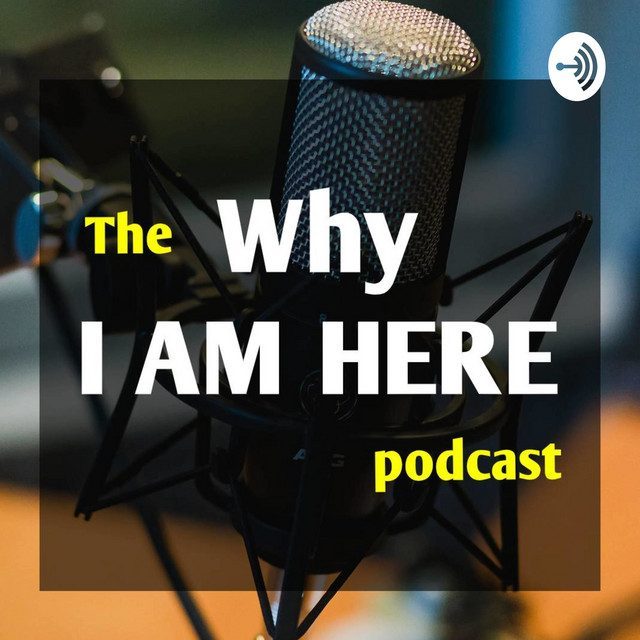
An avid podcast listener, Michael Kusarawana was inspired by the stories he was hearing, but he knew there was something missing. “Many of the stories I heard felt forced, as though they were being used to fit a specific agenda.” Kusarawana decided to create a method of storytelling that was honest, open and relatable. In September 2019, he started his first podcast, “Why I Am Here.”
“It’s stories of how God has helped people go through different circumstances in life,” he explains. “Basically, it’s sharing everyday people’s journeys to a connection with God.”
In interview style, Kusarawana, an associate pastor at Berrien Springs Village Church, walks through his guests’ stories with them in an effort to attribute success in life to its true source: God.
“Their lives have been transformed and, through Him, they find the courage to share their personal stories so that others can be transformed, too,” Kusarawana adds. “Quite a few people have come to me and said they didn’t know so-and-so went through X or Y, and now they’re grateful to my podcast for allowing them to know others better. Storytelling is bringing people together with the knowledge that there is a God who helps people. That’s what those other podcasts are missing, and it’s exactly what I wanted in mine.”
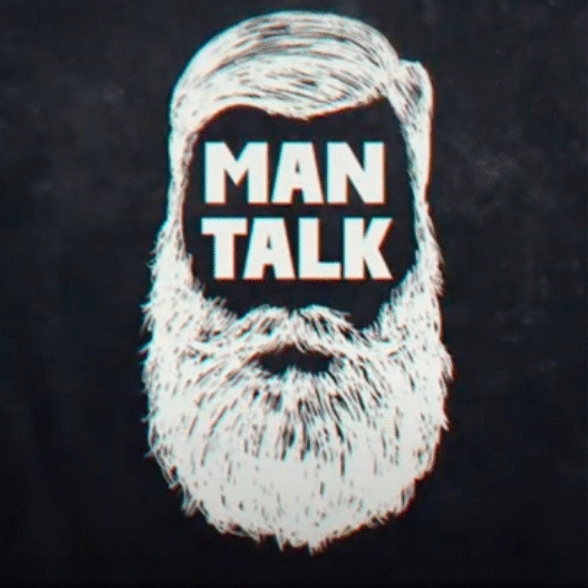
By day, Chad Bernard is the director for youth and men’s ministries for the Michigan Conference, and, alongside his associate director, Craig Harris, he produces a vodcast (video blog and podcast) called ManTalk specifically directed at Adventist men.
“Maybe they’re raising a family or are caught up in their career and don't have a whole lot of time to spend on their devotional life,” Bernard says.
Launched during the pandemic when Bernard and Harris were looking for ways to connect with men in the church, the vodcast has thus far touched on topics such as how to pick your battles, the power of physical touch, gift-giving, integrity, prayer, how to use your hobby as a ministry, and others.
Bernard says that being in the public eye in this way has really reminded them of the importance of being a good witness for Christ, even when they’re not ‘on the clock.’ Something they didn’t expect, though, was that their audience would include a fair number of women. Additionally, they’ve learned at least one school has been watching episodes of ManTalk for worship, and they love that their audience is so diverse.
“I believe I was placed on this earth to lead other people in getting close to Jesus,” Bernard says. “There are many different ways to speak to others of Jesus, and this vodcast is ours. I encourage people to hear God’s calling and step out in faith to try it their own way.”

Ivan and Olivia “Livvy” Ruiz-Knott wanted to work through the Conflict of the Ages series in a serious and intentional way. So they decided to do a podcast as they made their way through the series.
“We realized pretty early on that there are a bunch of things we don’t know about Ellen White or these books,” Ivan admits. “We knew they were important and central to Adventist identity, but we still had a lot of questions.”
Their first episode, featuring George Knight, Adventist author and historian, and Michael Campbell, professor of Religion at Southern Adventist University, was released in January 2020 to many positive reviews. Although the intention was to make a one-year podcast, they are looking at creating at least eight more episodes.
“There’s just too much interesting material we want to get to,” says Ivan. “Ellen White is even more fascinating than we had already thought, and there is so much to learn and wonder about.”
The Ruiz-Knotts have heard from experts on the topic that they have represented things well, and a few professors have integrated the podcast into their course curriculum.
Ivan points out that though White’s writings are timeless, and so is the challenge of properly understanding, interpreting and applying her writings to the present day.
“All of the episodes focus on the history of Ellen White and the effect of her writings on the church,” Livvy explains. “As long as people are interested in understanding her better, these episodes will continue to provide value.”
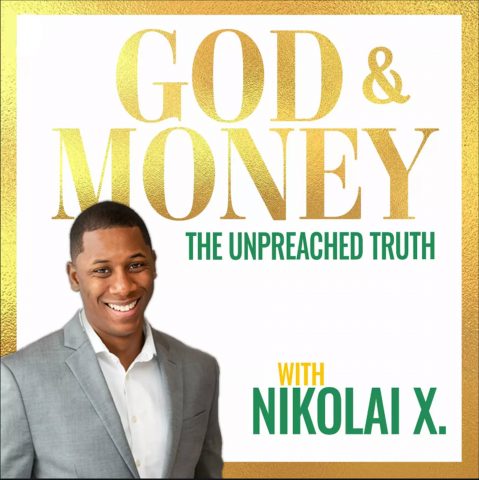
Nikolai Greaves, pastor at Champaigne, Decatur and Peoria churches in Illinois, believes there are two forces that are very relevant in today’s society but are rarely talked about in conjunction with one another: God and money. With a background in the corporate world and a degree in business administration, Greaves brings to his ministry a passion for helping others recognize ways to develop their financial skills in order to utilize them productively for God.
“Some people walk away from the issue of money because they believe Jesus is coming soon and they don’t need to worry about it,” he explains. “Others feel as though taking interest in their finances takes their focus away from their spiritual life. And there are a few who want to know how to take care of their finances and their spiritual life at the same time. I want to address all of these groups and more in my podcast.”
Although it is a relatively new production, started in February 2020, Greaves has already received positive feedback about what he has to say. In his podcast, he discusses from a biblical standpoint how God feels about money, debt and people of various economic standing. He also addresses the prosperity gospel, explaining it and debating whether it’s important or overemphasized.
“Money is not the root of all evil,” Greaves explains. “The love of money is. It’s about what you do with your money that matters. In church we talk all the time about the need to return 10 percent tithe, but we never discuss how to handle the other 90 percent. That’s what I want to do.”
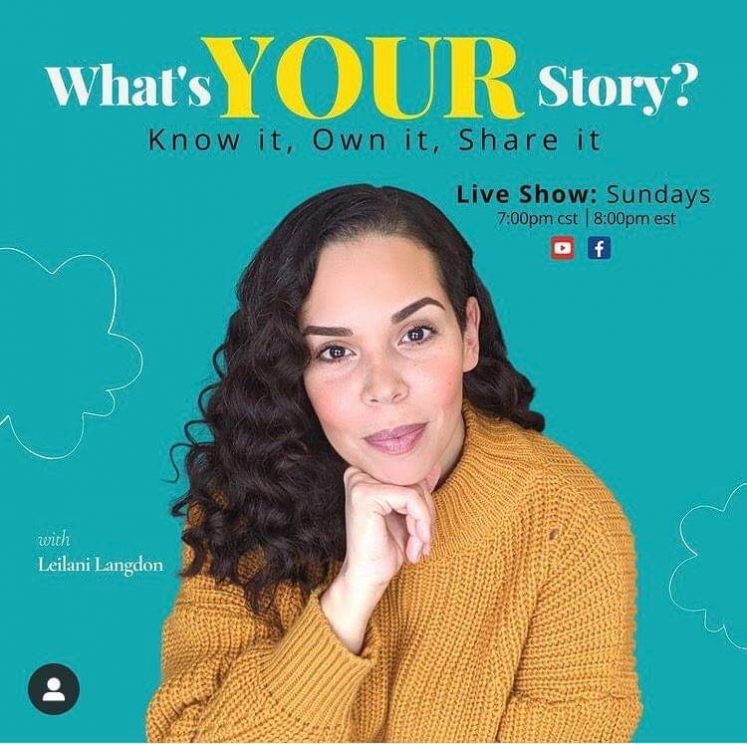
Leilani Langdon was a social worker for nine years and director of ministries for her Illinois church before she decided to become a stay-at-home mom with a mission. While listening to a sermon, she was struck by the message.
“A lot of us live our lives in shallow water because we can see the ocean floor and we can reach the shore,” she paraphrases. “God is calling us to the deep where our only anchor is in Him.”
God began to show her how things she’d already been doing should come together.
“I had no idea how to do what He was asking me to do,” Langdon shares, “but in that moment I had such a strong ‘why’ from God that the ‘how’ didn’t matter.”
So she found people willing to share their stories, and launched her weekly live show podcast. Langdon and her guests have discussed job loss, infidelity, adoption, autoimmune disease, child loss, and debt-free living, to name a few.
“People have found their freedom in Christ and have come to a place of wholeness, even if their story is not yet over,” Langdon explains. “Their stories are both moving and empowering.”
Several followers have shared how listening to someone else tell their story has helped them find direction in their own. And that includes Langdon.
“For the longest time, God has been trying to move in my life in a powerful way and I have allowed fear to stop me,” she admits. “Taking this step was huge for me, but the more steps I take, the less afraid I become. It’s not safer in the shallows, and through the creation of this podcast, God has finally gotten that through to me.”
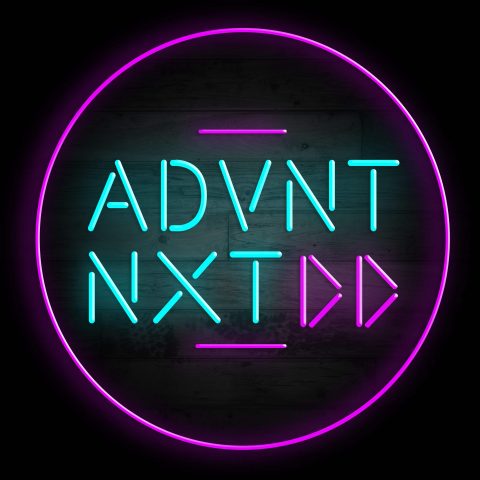
History of church architecture. The Trinity. Women’s ordination. The Great Controversy. African history of Christianity. The theology of beauty. Fear. How God expresses Himself. Domestic violence. Bible translations. Ecology.
These are just some of the topics Kendra Arsenault has already addressed in her podcast, Advent Next. For the last year, Arsenault has brought in experts for interviews on an array of subjects, something she jokingly terms “Adventist TED Talks.”
A Masters of Divinity student at Andrews University, Arsenault felt keenly the gap in education for lay members of the church when it comes to anything beyond the fundamentals of the Bible.
“There is so much to know and learn about the Bible and sometimes we get stuck at just the basics,” she says. “The more we know, the more we tread with care on topics we don’t have all the insights on. We walk a little more humbly, knowing we don’t know all things, and this attitude makes for better dialogue between us and non-believers, those of different faiths, or even those within our own church.”
Arsenault believes wholeheartedly that if access to education is increased, the church will have more confident lay members willing to coordinate and participate in outreach and share the gospel message with others.
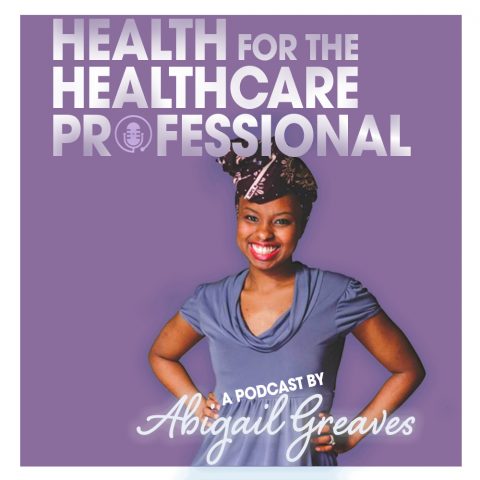
“There are so many great podcasts out there which talk about health and wellness, but there isn’t much conversation about health for those who are providing healthcare for others.”
Abigail Greaves is a busy woman. Between her job as a respiratory therapist, her role as wife and mother, and her volunteer positions at her church, finding time to take care of her own health often takes a back seat. “We’re so busy taking care of others for 12 hours and then we come home and take care of our families,” she points out. “I wanted to create a podcast speaking to us as healthcare professionals and the specific health needs we have.”
Between sharing her own perspectives as a professional and interviewing those in other areas of healthcare, Greaves feels she has not only been able to educate others but has learned a lot herself.
“I wanted to be able to reach a multitude of people but on my own schedule — and theirs,” she explains. “Presentations require a group of people to be in the same room at the same time. A podcast speaks to the healthcare professionals on crazy schedules — they can pause me whenever they need to and then come back when they get another free moment.”
Another perk of the podcast? Greaves points out that even people who aren’t in healthcare have reached out to tell her they’ve benefitted from what she shares.
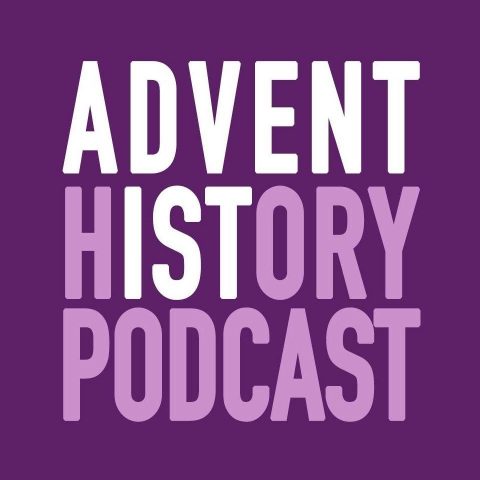
“In Adventist podcast years, I’m old,” jokes Matthew Lucio, Illinois Conference pastor and podcaster. His show has been around for over five years.
When he started the podcast, it was a way to motivate himself to do something he’d always wanted to do — learn Adventist history so he could understand “why we are the way we are.” He adds, “It’s like a spiritual family tree.”
One of the biggest lessons he’s learned thus far is to have empathy for our Adventist ancestors. “I’ve seen a lot of their faults,” he says, “which makes me love them for who they are.”
The feedback for his podcast has been vastly positive. He says he appreciates that people take five minutes to send him a note, let alone 30 precious minutes of their lives to listen to his podcast. As his goal is to find possible Adventist futures in harmony with our Adventist past, it seems the connections his podcast inspires is a good start in that direction. History-telling, as Lucio points out, is an ancient, spiritual act of community-forming.
“I make this podcast for reasonable people who take what they believe seriously but don’t take themselves seriously,” says Lucio. “They’re the only kind of people you can be vulnerable with.”
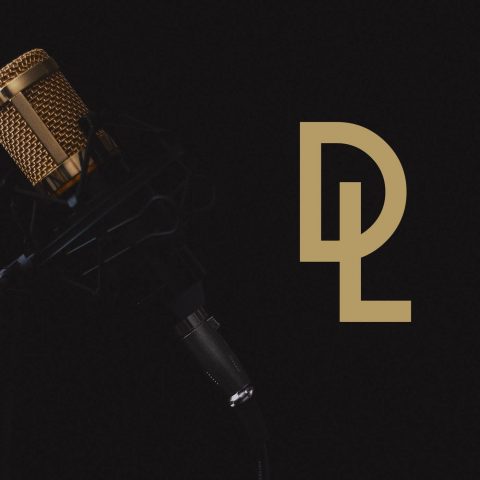
In summer 2019, Donnie Keele, dean of men in Meier Hall at Andrews University, started a podcast he dubbed, “Conversations for Students; Conversations with Students.”
“It’s a space where students can express their views but also are challenged to know and articulate their thought processes,” he explains.
When the residence hall staff noticed a steady decline in the readership of their hall newsletter, they knew they had to come up with a new way to communicate effectively with their residents. They hit upon the idea of a podcast and started building it with the goal of being inclusive and authentic, perhaps even creating a space to advocate for ideas and values central to the university’s purpose: advocating for character development in students via integrity and discernment.
“Facilitating conversation has taught me a lot about the value of questions,” Keele admits. “Taking time to think through what I’m curious about has helped me craft better questions that lead to better dialogue.”
Although their podcast is intended specifically for Meier Hall residents, Keele says that it’s possible that anyone interested in hearing about collegiate issues and perspectives would find it engaging.
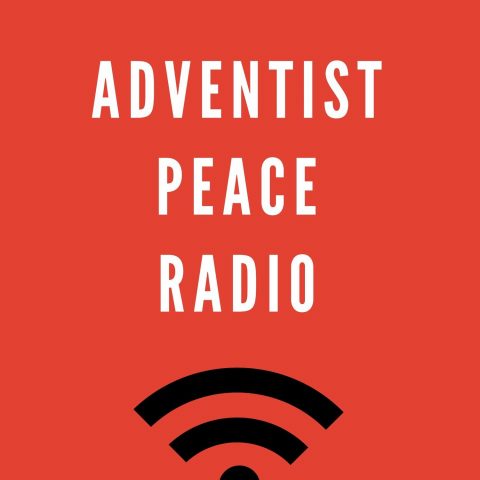
Jeff Boyd, who in his previous day job writing research grants and coordinating academic conferences at Andrews University, was becoming increasingly frustrated with blogging. By the time he edited the conversations he had had down to an acceptable word count, much of the speakers’ passion was gone.
“Alhough I didn’t like hearing my own voice, I wanted people’s stories and passions to come alive for the audience,” Boyd says. “A podcast had to happen.”
Four years in, and Boyd is extremely happy he swallowed his pride and made the switch.
“Each interview helps me think more clearly and deeply about what it means to be a disciple of the Prince of Peace; the One who came preaching peace; the One who blessed the peacemakers,” Boyd says.
Who is this podcast for? Anyone who wants to embrace the teachings of Adventism but who also believe values of peace and justice need to be held tightly and embodied more authentically.
“I hope listeners come away with a renewed sense of God’s mission in the world,” Boyd says. “We are God’s ambassadors for the Kingdom of Peace, with a broad ministry of reconciliation.”
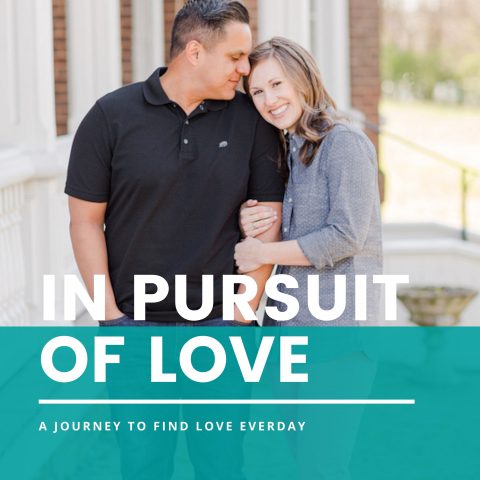
Before Kara and David Oceguera met, they had both gone through divorce. Although it wasn’t something either of them had chosen, they wanted to share what they were learning from their experiences.
“A successful marriage isn’t necessarily one that lasts for 50 years,” Kara points out. “A successful marriage is one in which the couple enjoys being with each other.”
They have addressed topics such as the effects of stress on a relationship, how to have difficult conversations, developing a spiritual life together, why being healthy matters, when the feelings fade, and many more.
“We want to be vulnerable and relatable,” Kara shares. “We aren’t going to pretend to have all of the answers, but we want others to avoid what we went through.”
Sharing personal relationship anecdotes can be potentially challenging as a pastoral couple, but David says their church family appreciates the authenticity of the project, and that it allows them to get to know the congregation better, too. David is the lead pastor at Bolingbrook Adventist Church in Illinois, and Kara is a trained social worker, currently staying home with their two-year-old daughter.
David quotes the familiar saying, “There’s a message in your mess,” and adds that he and Kara have found the purpose in their pain.
“This podcast was born out of a calling to be faithful to a God who was asking us to share our testimony,” he says. “People need to know He’s not done with their story yet. In fact, He’s still writing ours.”
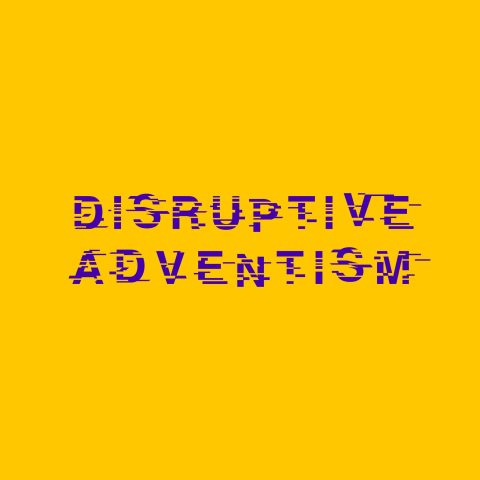
Jose Briones, who until a rather recent move to Georgia was a pastor in the Michigan Conference, describes his podcast as “an open space for people to listen to the diversity of thought that Adventism brings.” Featuring individuals who fall anywhere and everywhere on the Adventist spectrum, “Disruptive Adventism” began as a platform to amplify the voices of young adults.
“People are always saying how youth are the future, but we believe that they have a voice now and that this voice must be heard,” Briones explains. “Everyone deserves a place in the conversation, so we work hard to provide that opportunity.”
Although Briones is now leading as a pastor in a different conference, the rest of the podcast team remains in Michigan — Felipe Mendes is an independent graphic designer and Tyler Rand is executive director of an orchestra in Ann Arbor. Together, they aim to create a podcast for anyone with an open mind who is willing to learn.
“Most of our topics are thoughtful interactions,” he says. “We want to create dialogue with people, even people we disagree with.”
This approach has been well-received. Listeners have described the podcast as “the NPR of Adventist podcasting.”
“What our young people have to say matters now,” Briones says with feeling. “And the world should hear what they have to say.”
In 1930, Dr. H.M.S. Richards’ first, regularly scheduled "Family Worship" programs were broadcast daily from KNX in Los Angeles. In 1937 the name of the broadcast was changed to the Voice of Prophecy. Today the Voice of Prophecy is heard either Sunday or daily on some 800 stations in North America. Overseas, another 1,100 stations carry radio programs that bear the same name or are closely affiliated with the V.O.P.
LifeTalk, the radio outlet for programming from Voice of Prophecy, Breath of Life, It Is Written, Jesus 101, Faith for Today, and all the North American Division Adventist ministries, was founded in 1991 by Paul Moore. Their first radio station, KSOH in Yakima, Washington, began broadcasting in March 1992. Today, Lifetalk is heard globally on over 200 affiliate stations, and is broadcast on Galaxy 19 (Channel 1004) and streamed on Amazon Echo-Alexa, Google Home, Roku, Mobile Apps, and www.lifetalk.net. LifeTalk KIDS is LifeTalk Radio’s new radio channel for children, streaming 24/7 from LifeTalkKIDS.net.
Your Story Hour — In the 1940s, a small group of people was concerned about character development of youth in their Southwestern Michigan community. Someone proposed the perfect idea: a Saturday afternoon story hour. Soon neighborhood kids met weekly above the local fire department to hear Bible and true-to-life stories. A short while later, someone heard a radio evangelist confess a need for children’s radio programming. When the local radio station was contacted, they were enthusiastic about the idea. Your Story Hour went on the air live for the first time on March 27, 1949.
WAUS is located on the campus of Andrews University and broadcasts classical music, news updates as well as the church service from Pioneer Memorial Church and other Christian programs, such as “Scriptural Pursuit.” The station, WEMC, went on the air in 1921 when John Fetzer, an amateur radio equipment operator, transferred his equipment to Emmanuel Missionary College. During the Great Depression, in 1930, the school sold the station to Fetzer. In 1971, after a capital campaign raised the needed funds, WAUS was on the air.
Three Angels Broadcasting Network (3ABN) began in the early morning hours of November 15, 1984, when Danny Shelton, a carpenter from Southern Illinois, was kept awake by troubling thoughts. As he recalled the Christian television stations where he and his daughter Melody had sung gospel music, he felt concerned about the way God was misrepresented at times. Longing to find a way to express God’s love to the world, he suddenly felt strongly impressed to “build a television station that would reach the world with the undiluted three angels’ messages [of Revelation 14]. One that would counteract the counterfeit.” On November 23, 1986, just over two years after Danny had been impressed to build it, Three Angels Broadcasting Network began to broadcast on satellite. The radio network was subsequently established Feb. 28, 2000, and has a global footprint.
Becky St. Clair is a freelance writer.